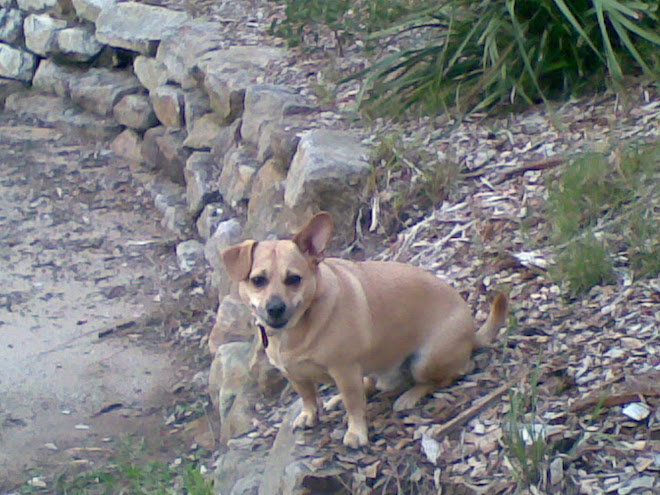First, choose the best three sources found in the previous task. Using whatever software or tool you think appropriate, record the following information about those sites:
- URL.
- author,
- institution,
- blurb/ summary / screen shot (this can be a direct copy of an appropriate abstract or introductory paragraph on the site: but make sure you record and reference it as such)
1. E.F.F Net Culture (from Copernic search)
URL: http://w2.eff.org//Net_culture/
Author: As this is a directory, the only names I could find were Marcia Hoffman and David Sobel.
Institution: Electronic Frontier Foundation
Blurb: The EFF descibe themselves as "the first line of defence" "when our freedom in the networked world comes under attack". The page that the URL above displays is a directory of books and links on the topic of internet culture and network concepts covering much of what is discussed in this unit.
2. The Third Culture (from Google search)
URL: http://www.edge.org/3rd_culture/kelly/ and http://www.scripting.com/stories/2002/01/09/kevinKellyTheWebRunsOnLoveNotGreed.htmlAuthor:Kevin Kelly
Institution: Science Magazine
Blurb: A collection of essays by the author on "science in society". The essays discuss science and it's effects on the development of the interent and the subsequent effect this has had on culture as a whole and how it created a culture of it's own.
3. Resource Center for Cyberculture Studies
URL: http://rccs.usfca.edu/default.aspAuthor: David Silver
Instituation: Resource Center for Cyberculture Studies
Blurb: (Taken from the site) " The Resource Center for Cyberculture Studies is an online, not-for-profit organization whose purpose is to research, teach, support, and create diverse and dynamic elements of cyberculture. " One of the highlights of this site is its 'featured links' providing a large volume of links to research sites providing research reviews and data on all things Cyberculture.
Record this information in your learning log, and also detail how you saved this information, what software you used and why.
I have come to know my own technical 'habits' well during this unit. Time is so importnat in uni life. Assignments are due, exams iminent, unit work falling behind. Because of this, I'm saving all my relevant information as I always have, onto a word doc with URL and brief description and also the URL'S I save in a favourites folder marked "NET11Essay". In this word doc are all the links, refs, questions, tips, instructions, thoughts, ideas, essay plan, notes, and to-do's that I need to complete this assignment. It's all there in one doc, organised under headings. I know this system. It works for me (aspecially now that I have back ups) .
If I were to start, using new software, I would have to invest time getting to know it. To ensure nothing could go wrong and information could get lost, I would back it up on a word doc and in favourites. Given that I already do this and it works fine, I have no reason to change and start using new software.
Concept: Information and Attention
Key Focus Points
- As the Internet grows and the amount of information available to it's users expands, an Internet users attention is easily distracted or moves on elsewhere if the information presented is not developed in a way that keep the reader's attention.
- Research has shown that most Internet users 'skim over' internet information with the express view of meeting their needs and desires as soon as possible. The art of holding the readers attention lies in meeting that need in the first few seconds they are exposed to the information they have sought. This is the crucial few seconds where the metadata of the web meets the metadata of the readers purpose. If these two match, the exchange is successful and the information is more likely to be absorbed by the reader.
- Attention is a form of economy on the Internet (and other retail spaces)

.jpg)
No comments:
Post a Comment